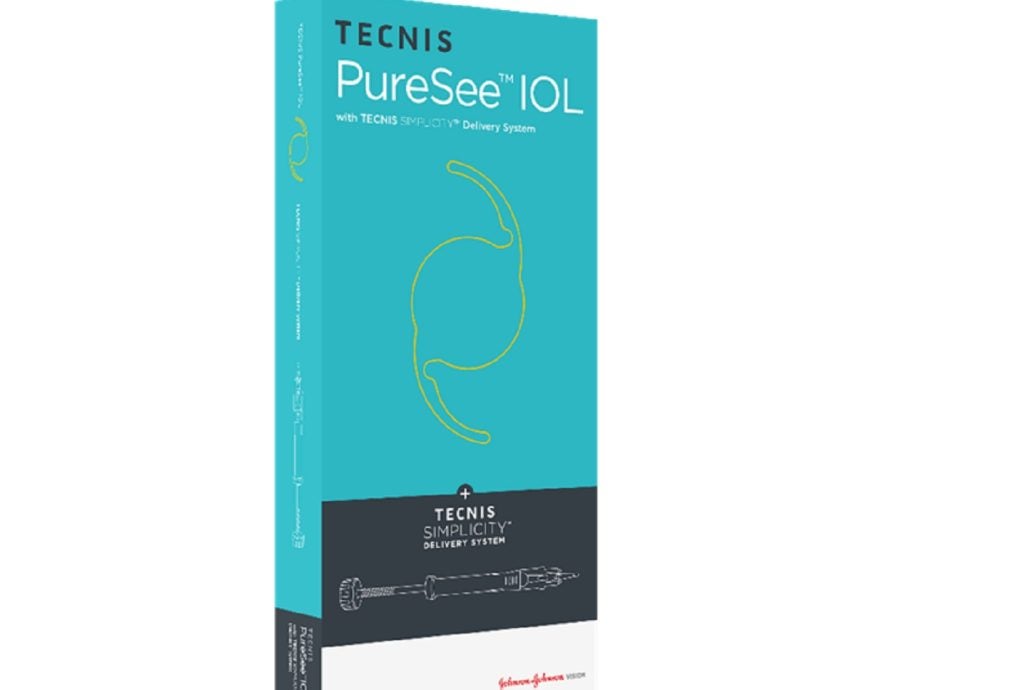Johnson & Johnson MedTech has announced the availability of its TECNIS PureSee IOL in the Europe, the Middle East and Africa (EMEA) region.
This next-generation lens is designed to correct presbyopia with a purely refractive design, aiming to provide patients with high-quality, uninterrupted vision.
The TECNIS PureSee IOL is intended to offer high contrast and low-light performance on par with a monofocal IOL.
It addresses the common trade-offs faced by surgeons and patients such as the choice between clear vision at all distances and the potential for visual disturbances like glares and halos.
The refractive design of the IOL is crafted to facilitate surgeons' work by providing high tolerance to refractive error.
The lens has several benefits, including uninterrupted high-quality vision across distances, functional near vision for reduced dependence on glasses, and a dysphotopsia profile that minimises visual symptoms.
Johnson & Johnson EMEA vision president Jacqueline Henderson said: “Cataract surgery is the number one surgery performed globally, with 28 million procedures each year. But only 10%-15% of patients are getting advanced optical IOLs specifically designed for astigmatism and presbyopia.
“Today, we’re proud to launch the TECNIS PureSee IOL, giving surgeons and patients the choice of a premium IOL that combines clarity of vision and reduced visual symptoms.”
Cataracts remain the leading cause of treatable blindness globally, the company said.
Currently, the TECNIS PureSee IOL is accessible in select markets within the EMEA region.
Advalia Vision, Milano, Italy medical director & physician CEO Dr Francesco Carones said: “I’ve found that this new refractive PC-IOL reliably delivers consistent, uninterrupted, high-quality vision with excellent distance vision and high contrast not only in daylight but also at night.
“Together with the low level of dysphotopsia, that is comparable to a monofocal IOL, these are exactly the results my patients are looking for.”
Last year, Johnson & Johnson MedTech acquired privately held company Laminar, a US-based developer of a heart implant that reduces the chance of stroke.















